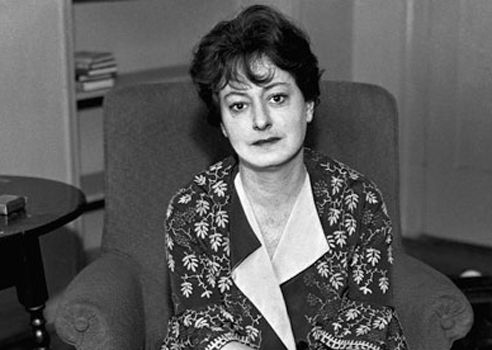This post first appeared on Sept. 15, 2009.
Reading time: About 3 minutes
There are two main types of writers in this world and here are three editing tips for each of them.
A subscriber wrote to me recently with the alarming subject line “writing discipline” and told the following story:
“I’ve been writing for years,” she wrote, “. . . journaling, poetry, short stories. I even attempted a novella which is dry as dust and about as exciting as blank cardboard, but it gave me some practice with dialogue, character development, plot.”
Then she continued: “I think the best thing would be for me to take a class but then I can see going through class after class, never getting started. I’d enjoy copywriting or freelance writing. Even corporate communicating sounds interesting but I wonder if I have the discipline to maintain a steady job. I find a great lack of focus and discipline.”
It struck me immediately that my subscriber didn’t have specific enough goals. I told her that writing is kind of like climbing a mountain: You need to know where you’re going, how high it is (and therefore what training you need in advance), how long the trip will take, what the weather will be like etc. But you can’t answer any of those questions until you know which mountain you want to climb.
“Writing is much the same,” I told her. “If you’re looking for a job/career in writing, your work and preparation will be totally different than if you want to write fiction.” I also advised her that writing every day is always a good exercise and so is joining a writer’s group. “But if you want to climb a mountain, the main thing is to be specific about which mountain you want to climb!”
I’d hoped I’d been helpful (I sometimes feel as bumbling as Dr. Frasier Crane in such situations) but when she wrote back to me, the story became even more interesting. “When I wrote my novella,” she said, “I finished it in just about three months, and each day I was literally compelled to write, all day. It was like childbirth. It had to come out of me. I disliked it so much though that I never went back to shape it up.”
Ah ha! The subscriber’s question wasn’t about writing. It was about editing.
As a professional editor — I toiled in the newspaper business for the first 10 years of my working life — it’s always struck me that while we are all different, there are basically two types of writers in this world:
(1) People who dislike writing and who write under protest — words have to be extracted from them in the same way teeth have to be pulled out by a dentist. As Dorothy Parker (pictured above) said, “I hate writing but I love having written.” Writers like this, however — and I count myself one of them — generally enjoy editing.
When I write, I need to go through many elaborate ploys in order to convince myself to put words on the page without editing immediately. My strategies including:
*Rewarding myself for not editing (perhaps with a fancy tea at a nice cafe or, after a really spectacular day, by buying good book)
*Timing myself to see how long it takes me to produce x number of words (I have a little kitchen timer sitting on my desk), and,
*Covering my computer screen so I’m unable to edit while writing (fortunately, I’m an excellent touch typist so I don’t produce too many sentences that look like: ncvh efh9yre ghoyaer hsyeo!)
(2) Writers who adore writing and who loathe rewriting and editing, on the other hand, need a different set of strategies. If this describes you, then:
* Remember that no one — not even the greats such as Jane Austen and Charles Dickens — were able to produce a perfect draft without rewriting. The first draft is only the first step. Think about Brendan Gill, for example. He wrote many spectacular pieces for the New Yorker magazine, and, typically, went through 17 drafts of his work that was published. Seventeen! That number boggles my mind, even though I’m a devoted rewriter.
*Reward yourself for editing. As I do for writing, give yourself little “treats” whenever you work really hard at editing.
*Set a schedule for editing and treat it as urgently as your treat your daily writing. For example, you might decide to edit for 20 minutes a day. Pick a time that’s unlikely to be compromised (early morning is always good) and get to work.
Making a good plan never hurts writing — it only helps. Ditto for editing.
Do you prefer editing or writing? We can all learn from each other so, please, share your thoughts with my readers and me in the “comments” section below. Anyone who comments on today’s post (or any others) by August 31/16 will be put in a draw for a copy of So You Think You Know English by Gordon Osmond. Please, scroll down to the comments, directly underneath the “related posts” links, below. Note that you don’t have to join the commenting software to post. See here to learn how to post as a guest.


